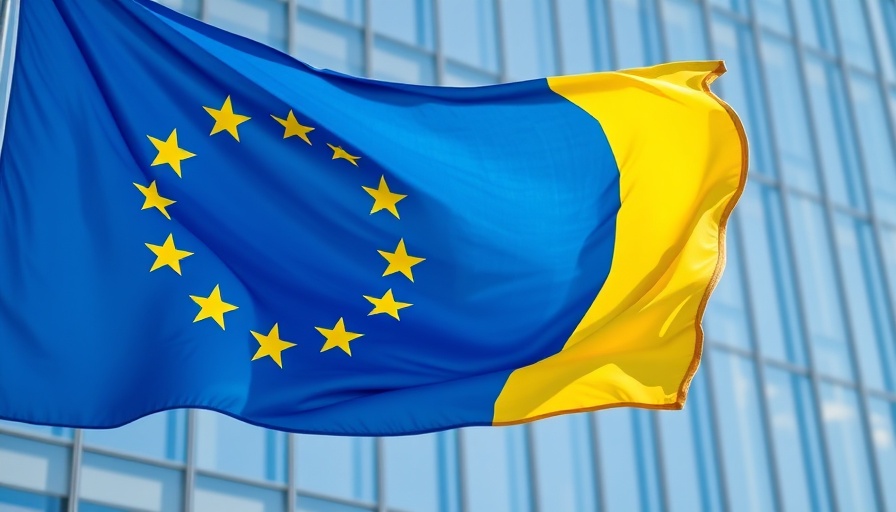
Harmonizing Corporate Taxation: A Bold EU Initiative
In a time when businesses are increasingly looking for streamlined operations, European Commission President Ursula von der Leyen's announcement at the Davos Economic Forum has set a significant precedent. Aiming to establish a '28th regime', this initiative intends to create a unified framework for corporate law and taxation within the EU. By simplifying the myriad national laws across the EU's 27 member states into a single, adaptable system, the hope is to attract innovative startups and bolster Europe’s economic edge in the global marketplace.
The Need for a Competitive Tax Environment
The success of the proposed 28th regime hinges on its attractiveness to businesses. It is vital for this new framework to offer distinct advantages over existing national tax systems. Without this, the initiative risks becoming yet another bureaucratic layer, complicating rather than simplifying compliance. A fruitful corporate tax regime should reduce compliance costs while enhancing investment incentives across the continent.
Learning from Distributed Profits Taxation
One promising model for this new regime comes from Estonia and Latvia, both of which have implemented distributed profits taxation systems. These countries’ approach taxes corporations only when they distribute profits to shareholders, instead of taxing earnings upfront. This method has been championed for preserving cash flow and fostering reinvestment in business operations. Implementing similar principles on a larger scale could offer substantial benefits.
Practical Implications and Future Outlook
Estonia and Latvia’s experiences may provide crucial insights for policymakers in the EU. By looking at how these nations successfully implemented distributed profits taxation, the EU can avoid pitfalls observed in previous attempts at tax harmonization. If the 28th regime is designed with such practical examples in mind, it has the potential to position Europe as a desirable location for capital investment and innovative enterprise.
A Bright Future for EU Businesses
Ultimately, the proposition of the 28th regime signals a shift toward a more invested future for European businesses. If carefully structured with a focus on economic viability and compliance simplicity, there lies an opportunity for Europe to redefine its competitive landscape in the business world. Embracing progressive taxation practices could establish a unique model that respects both business needs and broader economic goals.
 Add Row
Add Row  Add
Add 

 Add Row
Add Row  Add
Add 



Write A Comment